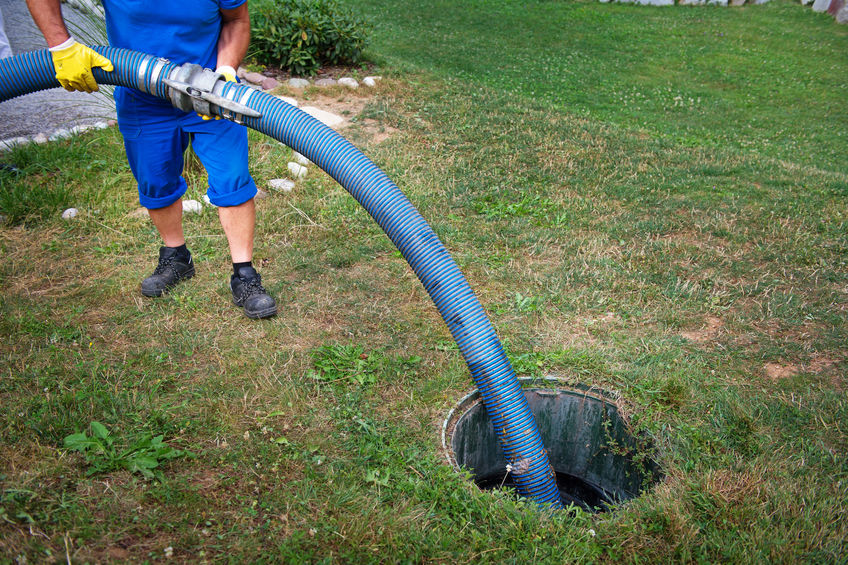29 Oct 2022
How to Prevent a Drain Line Backup
A minor nuisance with the plumbing in one of your home's most used areas could result in significant issues. Sadly, many property owners are unaware of a problem until it is too late. This only serves to emphasize how crucial it is to take the appropriate precautions and preventative measures regarding your drain line. In order to safeguard your home or property before a major issue arises with your drain line, you can learn more about backups and how to prevent them in this post.
Causes of Backup
Every drop of water that comes from your home's faucets must be handled by your plumbing systems. In addition, these systems catch every hair strand and cup of grease that get into your drains. These things can clog your pipes and lead to a sewer backup when combined. However, similar to clogs, there are other causes of sewer backups that can't be seen.
- Clogs – Clogged pipes are the most common cause of sewer backup. It's possible that you need to call a plumber if your backup is affecting more than one sink or toilet. This may indicate a problem that cannot be resolved with the assistance of a plunger or bottle of drain cleaner and may be a sign of a problem with your main drain line. Common sewer backups can be prevented with maintenance like regular septic tank pumping and inspections.
- Tree Roots – Most sewer pipes are located just below the surface of your lawn. As trees grow, their roots may be able to penetrate your drain line, clogging it and preventing you from solving the issue. Have your septic company in Covington look over the ground plan of your property to make sure no trees are near the area your septic system will be installed.
How to Prevent a Backup
- Stop Throwing Everything Down the Drain – You run the risk of developing a significant septic issue if you begin to pour anything and everything down the drain, including cooking oils, sauces, coffee grounds, and even eggshells. Other food items like potatoes and rice could also get into your pipes and cause major issues. Pay attention to what goes down the drain to avoid a backup in the drain line. Your pipes are not designed to handle these foods, so they will almost always become blocked, either immediately or over time. If in doubt, dispose of these items appropriately by throwing them away.
- Be Careful What You Flush – Toilet paper is always flushed down the toilet, but what about wipes that can be flushed? Sadly, items such as diapers, floss, and feminine products do not break down like toilet paper, including "flushable" wipes. The only way to remove them from the septic tank will be through septic tank pumping, which is another reason why it’s so important. You can avoid a major issue in your home by disposing of these items in the trash rather than flushing them down the toilet.
- Inspection – To ensure your safety, you should schedule routine drain line inspections with your septic company, in addition to taking a few daily preventative measures. To check for potential damages or blockages, we recommend scheduling a professional drain line inspection every four to five years. Call Rooter Septic Services to learn more about drain line inspection or make an appointment with us today.
